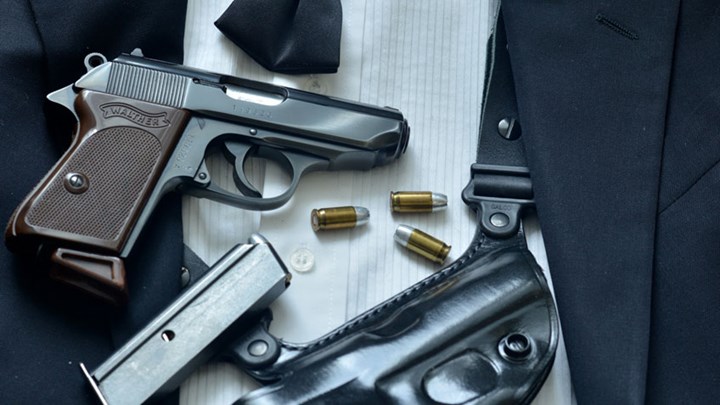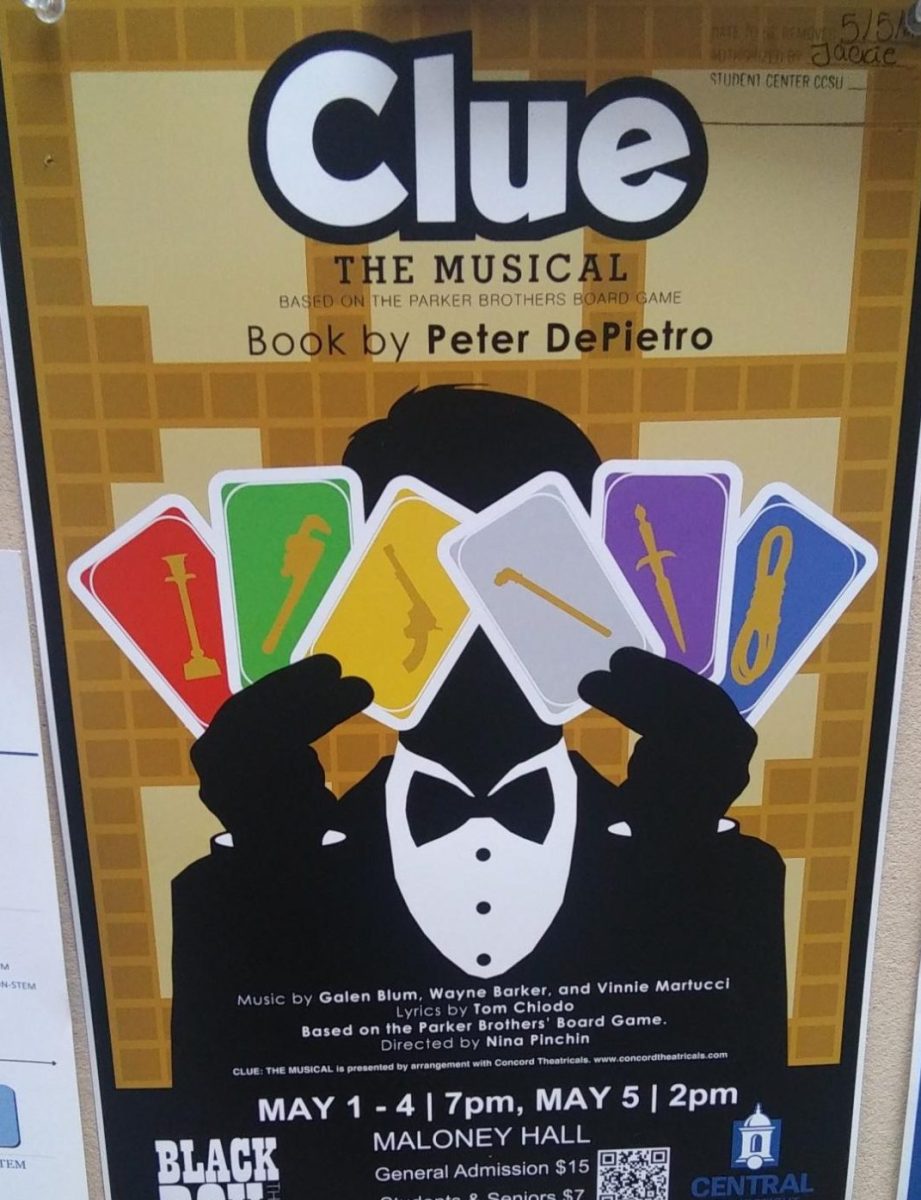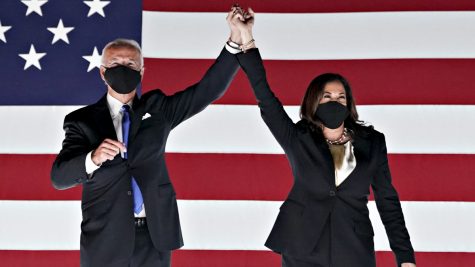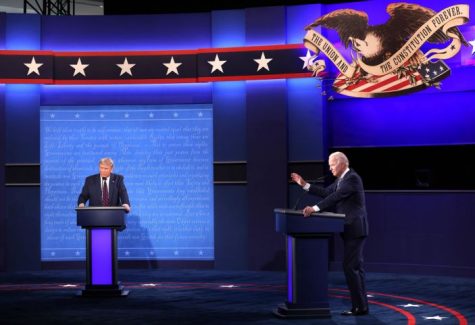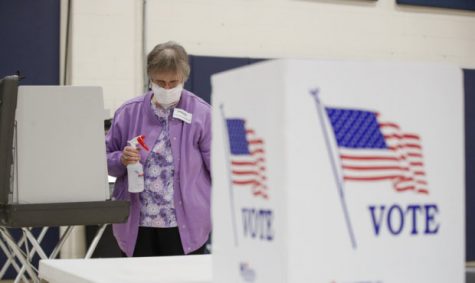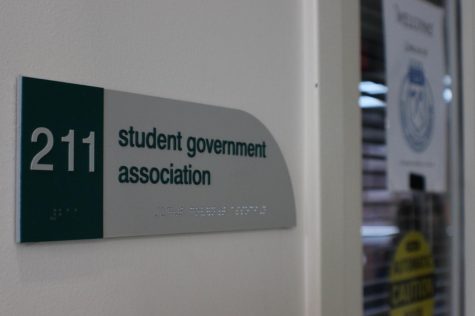Gun Buybacks Are Ambitious, But Necessary
In spite of the hurdles, the U.S. needs a mandatory gun buyback program.
September 29, 2019
I visited my old high school last week as part of a project. A lot has changed since I graduated in 2016 – the outside’s been repainted, logo-bearing flags now hang over the parking lot and a fresh sign proudly bears the school’s name on the front lawn.
But perhaps what’s most striking is the “man trap” at the entrance. While I was a student, visitors got inside with one bell ring and through a set of doors. That simplicity is no more. There are now two bells and four sets of doors to pass through – a response to the shootings that have turned death during the school year from an “if” to a “when.”
The United States has a gun epidemic. When children are valued less than weapons and their fear is seen as just a side-effect to freedom, it’s only appropriate to call it that.
Yet, there’s no getting around that gun ownership is a right embedded in the Constitution – whether the Founding Fathers intended it to cover “assault weapons” is a whole other debate. Not to mention, there are more guns than there are people in our country, according to the Small Arms Survey.
In 2018, the Pew Research Center found that three in ten American adults personally own a gun and that protection is their top reason in doing so.
Guns are deeply ingrained in our culture for many reasons, however, when kids have to wear bulletproof backpacks and practice shooter drills, it’s time for a change.
It is possible for that change to occur by reducing the number of guns through a cash reward, more commonly known as gun buybacks.
During Sept. 12’s presidential Democratic debate, former Texas congressman Beto O’Rourke boldly endorsed a mandatory assault weapons buyback. Top contenders former Vice President Joe Biden, Senator Bernie Sanders and Senator Elizabeth Warren all support a form of a buyback program as well.
This proposal is daring, but it’s feasible. Australia has succeeded at it and New Zealand’s initiative is chugging along. Since Australia’s buyback program in 1996, the homicide rate went down by 42 percent and firearm suicides have dropped by 74 percent, according to research done by Harvard University. Even if the U.S. has a significantly larger population than these two nations, with difficulty, it can be done. It needs to be done.
We’ve already implemented buybacks.
The Trump administration’s ban on bump stocks required them to be turned in to be destroyed by the federal government and Washington state offered $150 for each device, the New York Post reported. Other places, like San Antonio, have begun examining the option as well.
State-level buybacks where gun owners can anonymously turn in their firearms for money would be the most proactive programs. The GunxGun campaign emphasizes “structuring compensation to attract the right guns,” meaning “a graded system with larger rewards for handguns and assault weapons” to incentivize collection. Moreover, there would be stronger oversight with such a narrow focus. That would be advantageous with how many guns there are in the U.S.
There will be challenges. The price tag, for instance, will be enormous. The Trace estimates that we would need, at the very least, $700 million to buy back just assault rifles. We could offset the cost with an one-time tax increase like Australia did or could reallocate money from our unnecessarily inflated defense spending.
We would also need a clear definition of what constitutes an assault weapon. This will be hard, as it will make the buybacks seem more restrictive. This will affect compliance from gun owners unless the compensation is abundant and the narrative of guns being a right, not a privilege, shifts.
But what’s maybe most important is support from the Republican party. Australia’s buyback law was political suicide for many politicians. Though former conservative Australian Prime Minister John Howard went on to win another election, he received so much pushback that he wore a bulletproof vest when announcing the program to a crowd of protestors.
Many Republican politicians receive paychecks from the National Rifle Association and base their campaigns on gun rights. It would take massive courage and selfless sacrifice for them to turn around and lend their support to a mandatory buyback program. It’s next to impossible for this to happen, but there’s still hope.
It’ll be a long, arduous and expensive process but I say it’s worth it. Being from Connecticut, I and the rest of the state still grieve over the Sandy Hook Elementary School shooting. I won’t ever forget the horror and panic that spread as far as my high school that day, nor will I let anyone else forget.
The amped security at my high school is a good step for safety. As an alum, I was happy to see the effort. But we’ve reached a point low enough to trip on when we’re stepping over bleeding children for the sake of keeping our hands on a weapon.
